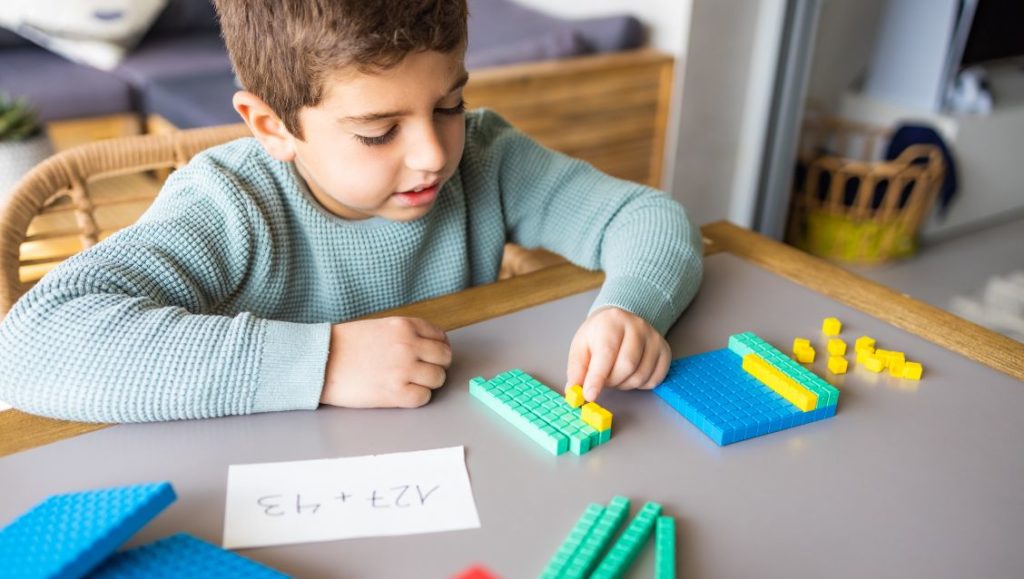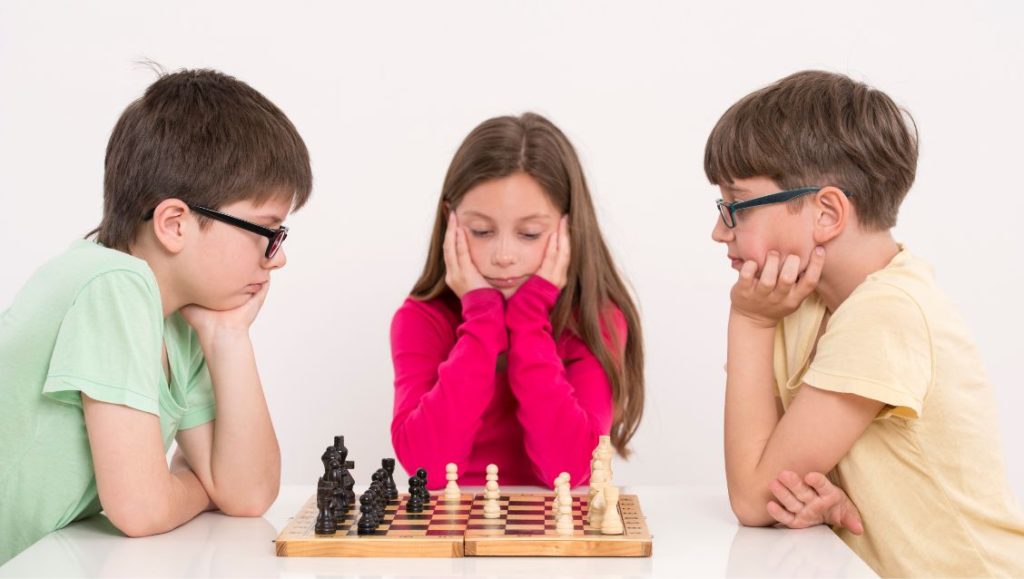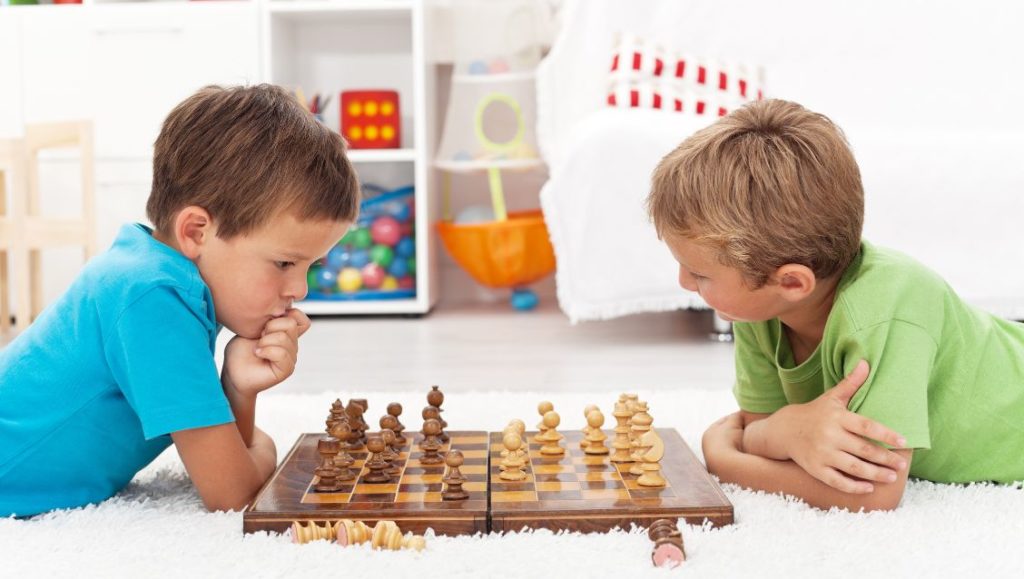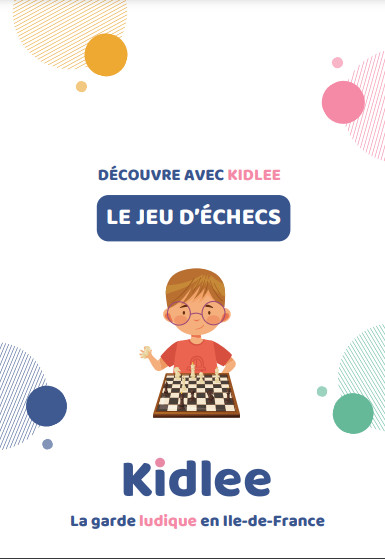Chess is much more than just a board game. They are a powerful educational tool that can have a significant impact on children's development. In this article, we'll explore the many advantages and benefits chess offers children, from improving academic skills to building character. Discover with Kidlee how this ancient game will help your children in their daily lives.
Chess: what are the benefits for youngsters?
Promoting and improving mathematical skills

Chess is a fertile ground for learning mathematics. By playing, children develop their understanding of mathematical concepts such as geometry, numeration and logic. They learn to anticipate movements, calculate possible moves and make decisions based on calculations.
Concentration Development

A game of chess requires intense concentration. Children learn to concentrate on the game for long periods, which can benefit their ability to focus on academic tasks and homework.
Learning Patience

Chess also teaches children patience. Each game can last a long time, and it's essential to wait your turn and think carefully before making a move. This helps children develop patience and perseverance.
Memory enhancement
To succeed at chess, children also need to remember strategies, previous moves and piece positions. This strengthens their short-term and long-term memory.
The Kidlee guide to learning to play chess
We've put together this guide for you download to teach your children to play independently and playfully. Simply download it by clicking HERE to find out!

Here's another video which explains the rules of the game in a fun and simple way!


